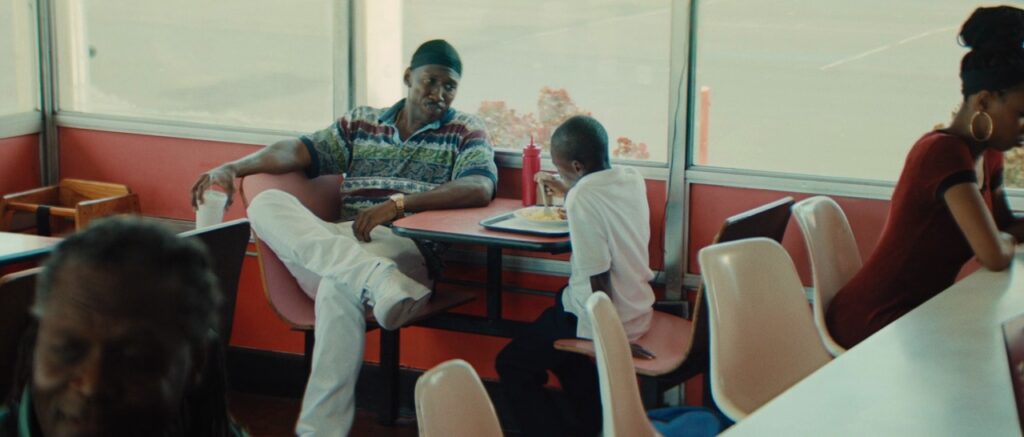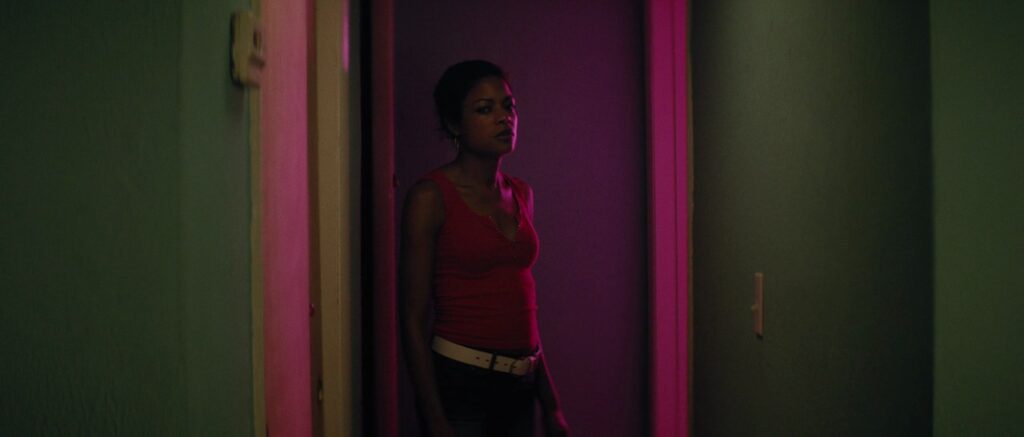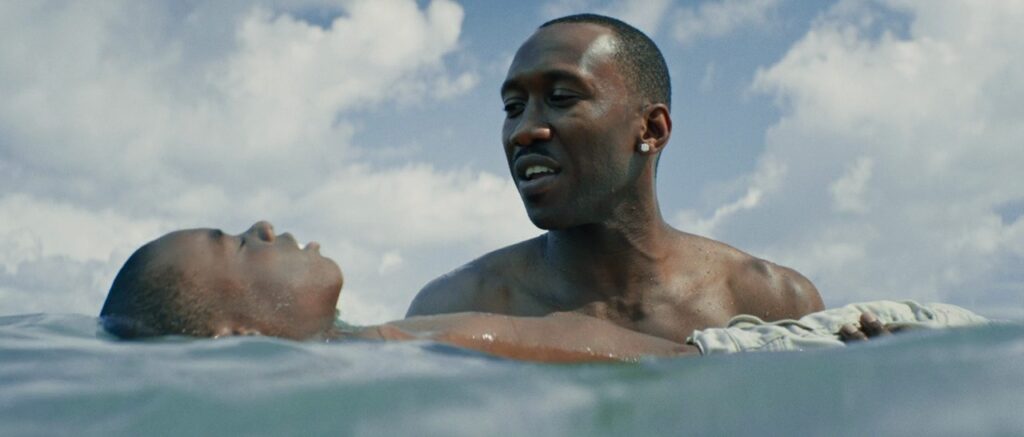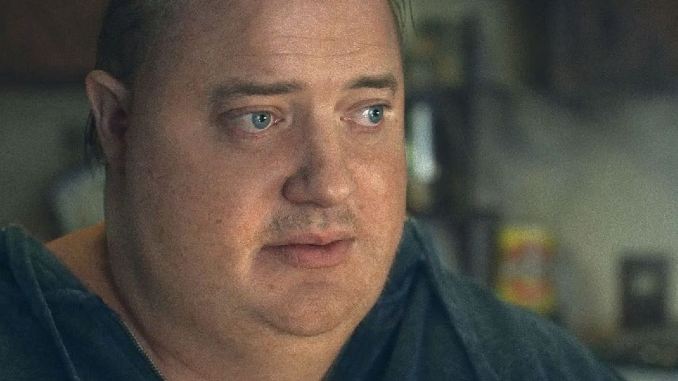HardieWrites at 21
I had gotten unconsciously drunk on a Tuesday evening as any good 2nd year University student does. Playing Pub golf, I was averaging two gulps to down my pint per bar, blacking out on the penultimate hole. Naturally, I had woken up Wednesday morning to a sick-covered coat accompanied by a concerned note from my housemate. Further anecdotes of my antics would later arise but are more suited to a sitcom than a film blog. What’s relevant is the date: March 1st 2017 and Moonlight is out in cinemas.
My reward for successfully not vomiting in the backseat of a mutual’s car was watching the future Best Picture winner. Even in such a sorry state, I had been awed by how director Barry Jenkins told Chiron’s story. Split into three acts (elegantly depicted in the poster), we see our protagonist grow from childhood through adolescence to adulthood. Gaps in between are cleverly peppered with context clues, at least enough to lightly hold your hand across plot points. Similar to The Place Beyond The Pines, this is when I became obsessed with three-act perspective shifting structure.

Each stage of Chiron is distinctive yet consistent, presenting a smooth overarching narrative rather than three separate parts. Yesi Ramirez’s casting is so impressive considering you’re finding three actors for the same-but-different role over time. You won’t see a more seamless transition in cinema than from Jharrel Jerome to André Holland playing Kevin. Incorporate the other children growing up on the Floridian streets too, and Moonlight creates a real snapshot of Liberty City.
Days before my cinema trip, I’d listened to Kendrick Lamar’s To Pimp A Butterfly for the first time in full. Therefore, I popped at the Wesley’s Theory sample by Boris Gardiner opening the picture, encouraging my exploration within hip-hop. Upon leaving Vue, I pictured my life through the sprawling and spinning camera shots – not just because of the hangover. Discussion was raised of how the film compares to La La Land, which felt debatable at the time. They both won big at the awards, but only one has left such a cultural impact on me.
HardieWrites at 27
Over Easter, I ran a tournament-style poll pitting A24 films against each other to determine which was best. Many of my favourites were quickly trounced in a highly-competitive affair – Aftersun a round one casualty to Hereditary. Moonlight triumphed over fifteen others admittedly to my surprise, contending against Midsommar’s early popularity. Hence, a revisit was on the cards, replacing alcohol with a calmer family birthday Oowee meal.
The first notable difference over these six years is now I spent the film perpetually on the brink of tears. Is it because I knew how things pan out for Chiron this time around? Likely, however I’m placing greater onus on being able to recognise themes and motifs better. Toxic masculinity is rampant throughout; only on a beach in the moonlight is there room for vulnerability. Systemic oppression has resulted in a neighbourhood without care or support, causing a never-ending cycle of trauma. Drug dealing is the only source of income and drugs are the only source of relief.

Fully comprehending this final point then elevated my opinion on Mahershala Ali and Naomie Harris’ performances. Initially, I felt Ali’s Oscar was a moment of pandering to cover an embarrassing lack of diversity by the Academy. On this viewing, the hesitation came through clearer, his behaviour a front. There’s no alternative to dealing for Juan, and the heartbreaking admission of his helpless yet guilty compliance cuts deep. In the same vein, Paula’s anger isn’t truly at Chiron but also being stuck, dependent and depended on.
Being able to piece these influences together allowed me to pick up on the nuances of our main character. I could see the sensitivity of Alex Hibbert’s Little in Trevante Rhodes’ Black when confronted by his past. Microexpressions they both share, plus accumulated emotional baggage from Ashton Sanders rounds off a fully fledged person. We see him at all angles, just like the sprawling camera shots, and how he becomes another victim to the system.


